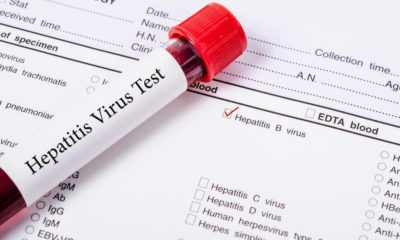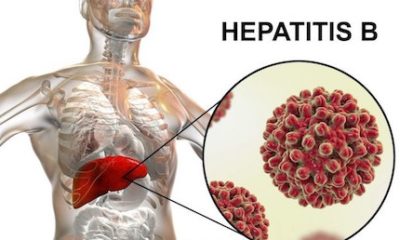Medical & Pharma
Hepatitis can’t wait- World Hepatitis Day 2021
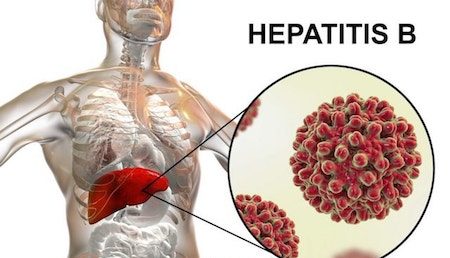
- Even when the COVID-19 pandemic is actively ravaging our planet, we lose more than one million lives every year due to viral Hepatitis – a condition of liver inflammation caused by viruses
- Though there are five types of viruses that can cause hepatitis (A, B, C, D, E), two of them (Types B and C) are dangerous as they can stay with us for many years and cause significant damage to the liver, resulting in the shrunken sick liver (cirrhosis) and/or liver cancer.
- The impact on the patients, their families, and the health care caused by liver cirrhosis and liver cancer is enormous – in terms of money, loss of work, and shortened lifespan.
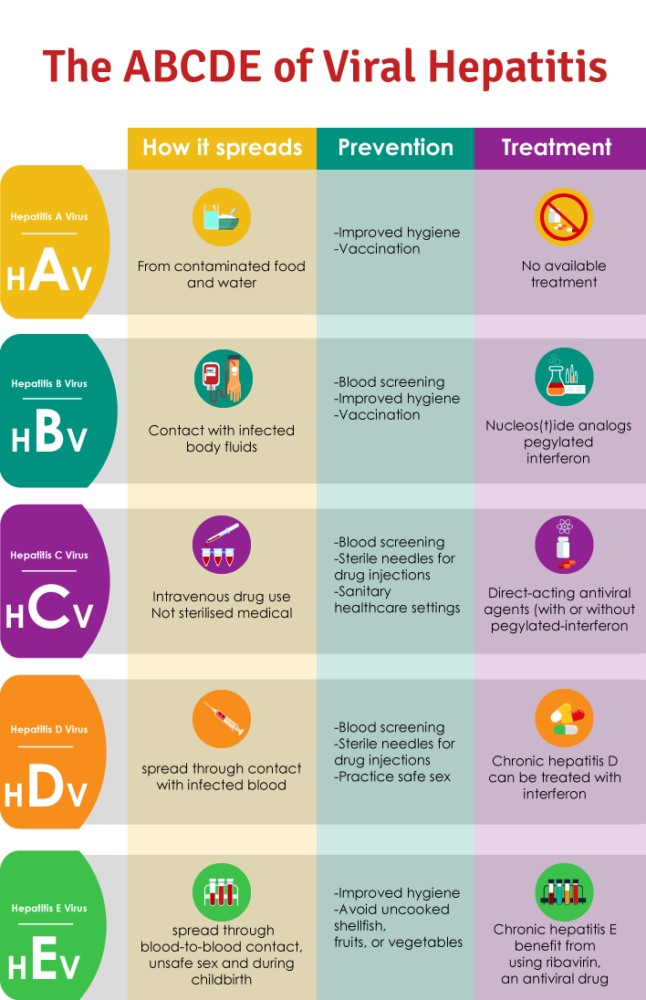
A, B, C, D, E’s of Hepatitis
How is Hepatitis Transmitted?
Hepatitis B affects 3% of the Indian population. It may be acquired from the mother before/at birth or other children in early life. In this situation, there is a 95% chance that the virus stays for the rest of the affected child’s life.
If an adult gets the B virus through unsafe sexual contact or through contaminated sharp instruments (needle sharing by intravenous drug users, tattooing, piercing), then there is only a 5% chance that this will stay in the liver long-term. Sadly only 10% of people with Hepatitis B are diagnosed. Of those diagnosed, only a minority receive the correct treatment.
Hepatitis B can be effectively prevented by a course of three doses of vaccines beginning at birth. This, along with a screening of all pregnant mothers and treatment of positive women and a good hygienic lifestyle followed by the population will hopefully see the end of this virus in the next few decades.
For those already having this virus, effective and safe antiviral medicines are available to keep the condition under control. Hepatitis C affects 1% and is mostly acquired by exposure to contaminated blood through unsafe medical procedures or needle sharing by drug users. Again, only a small proportion of those affected by Hepatitis C is diagnosed and treated.
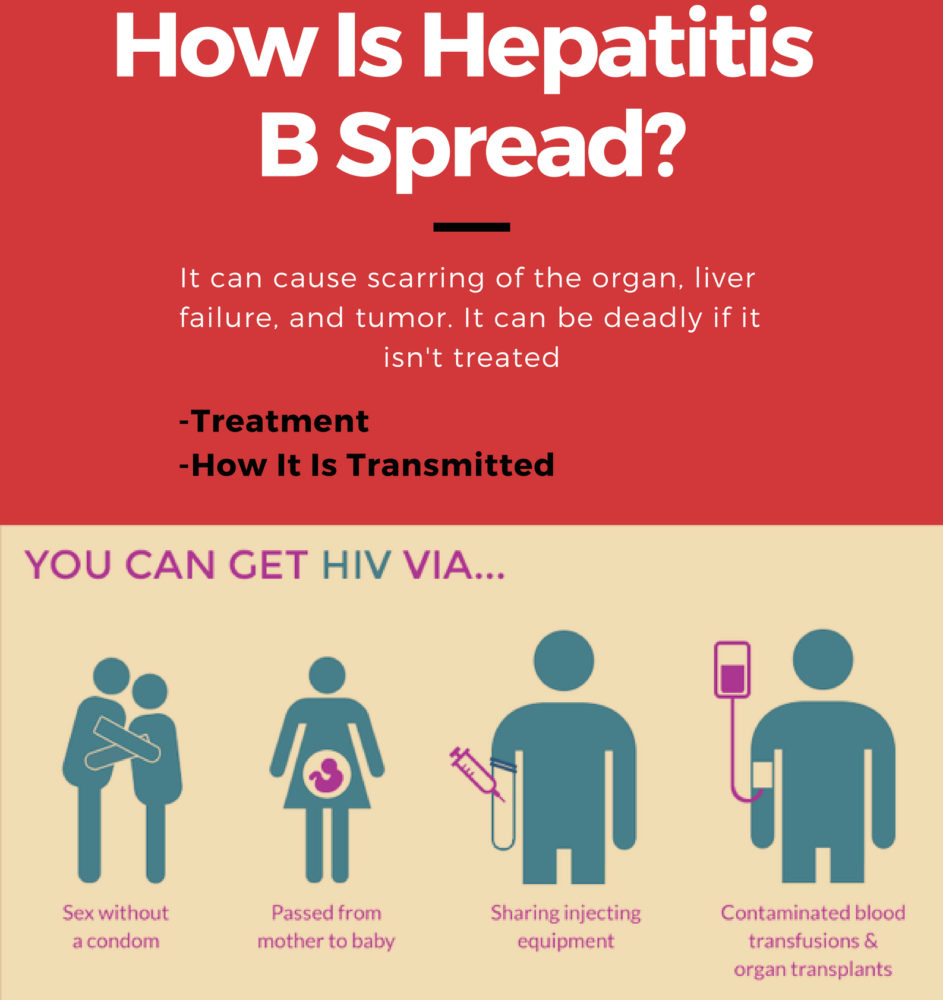
There is no vaccine available for Hepatitis C yet. But, the good news is this can be cured in almost all cases with this infection with a short course of antiviral medications. Needless to say that prevention is better than cure – so, safe medical and lifestyle practices are essential to safeguard ourselves from these killer viruses.
July 28 is World Hepatitis Day – this year’s theme is ‘Hepatitis can’t wait. Truly finding and treating Hepatitis patients and taking steps to prevent new infections is really urgent even as the covid battle goes on.
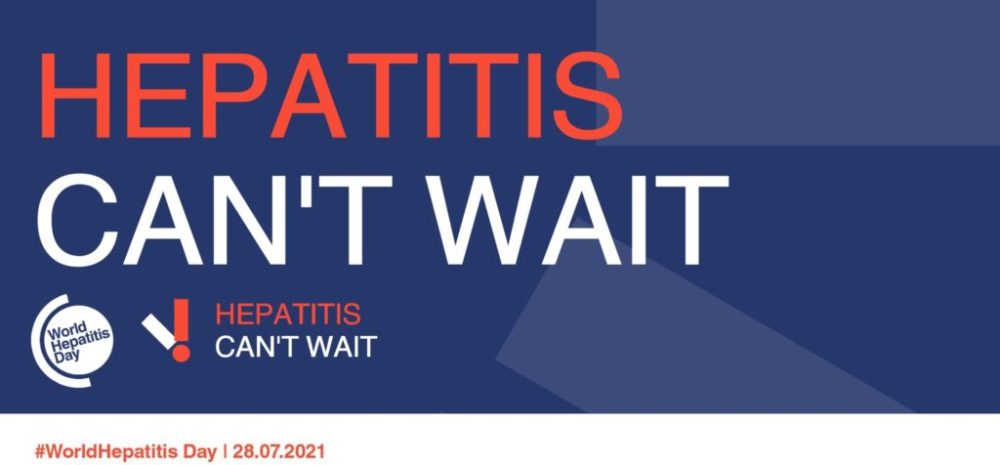
World Health Organization’s theme for World Hepatitis Day 2021 was called “Hepatitis can’t wait”
This is possible if public awareness rises for both prevention and diagnosis. Avoid sharing sharp objects like nail clippers, razors, etc. and don’t patronize unsafe tattooing/piercing.
The health care industry can contribute to more diagnoses by adding two simple blood tests to look for Hepatitis B and C infection in master health checkup programs. Corporate sectors can pitch in by doing this in the occupational health check-ups. WHO has endorsed self-check for Hepatitis C by the general population this year.
Governments across the globe should focus on total immunization of all newborns for Hepatitis B and ensure that the screening and treatment should reach people with disadvantages like prisoners, migrants, and drug users who are at high risk!
With concerted efforts of all involved, we can hope to curtail hepatitis by 2030 and eradicate it some year after that!!

By Dr. P. Basumani, Senior Consultant Gastroenterologist, Sri Ramachandra Medical Center, Chennai


